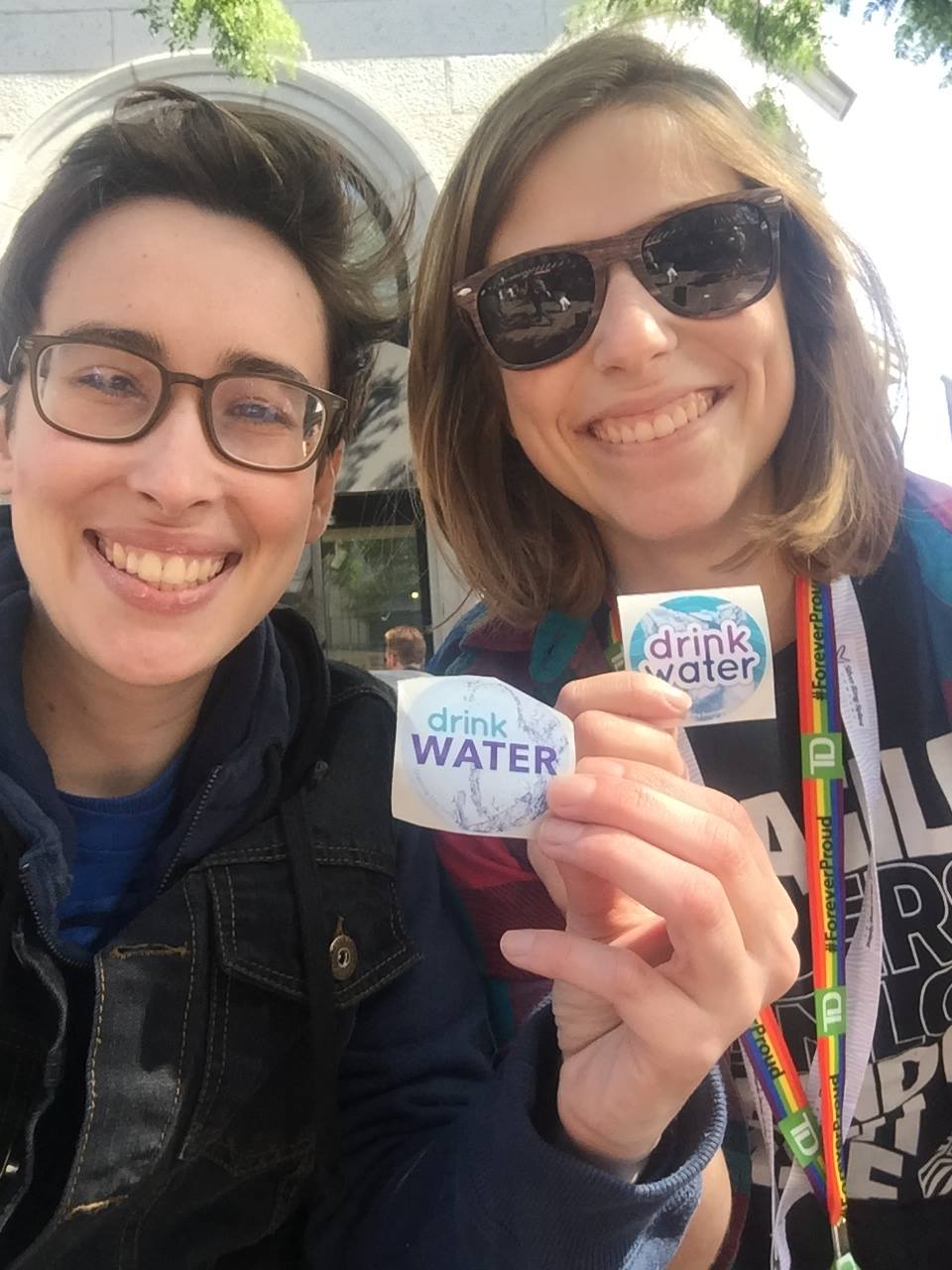It can be so hard, during a flare, to keep up with friends and to navigate your social life when dealing with serious illness. It’s a tough balance to strike between trying too hard and using up too many spoons, or forgoing friends completely in our quest for healing. While this balance changes from person to person (and even moment to moment), there are strategies you can use to help make the best use of your social energy. Our Friend in the Fight, Cameron, has kindly shared his tips and strategies on navigating relationships while dealing with serious illness.
I first met Cameron in an online support group. He’d posted saying that he was looking for friends interested in low-key social activities. I immediately responded. I had found myself pulling away from socializing at all, because I couldn’t handle much of my former social habits, and I wasn’t sure how to advocate for the changes I needed. Starting fresh with a new friend with similar needs seemed like the right way to go. Here’s what he shared with me about caring for himself and while also managing his friendships!
Modify the situation
Cameron is quite creative at finding ways to hang out without overdoing it. He meets friends for tea (or simply water), local shows with quiet acoustic bands, and even invites friends to rest quietly together. Cameron’s openness about his own limitations makes space for others to take what they need as well. I once went to visit and realized that I was too fatigued to talk. We ended up napping together for a couple of hours. For once, I left a social visit rested, rather than depleted, yet still feeling connection!
Communicate your needs — share the load!
As his needs and limits change, Cameron works hard to stay within these limits, and communicate them effectively to others. It’s exhausting to constantly hold yourself accountable, especially when someone who loves you just wants to spend more time. Communicating ahead of time and setting clear expectations helps Cameron’s friends to bear some of the accountability as well. He laughed, recalling a friend who will hang up after twenty minutes, even if Cameron wants to keep going, knowing that the crash just wouldn’t be worth it.
Cameron has found Facebook to be a very effective tool in reshaping social interactions. He can post once about updates and new limits, so that everyone can know at once what to expect. It’s important to be specific, for example that calling just to say hi may actually be a better way to show support than calling to chat. Cameron has also found it nice to see who reaches out after an update post, and that it can be surprising to find out someone in the periphery is thinking of you.
Remember, your Friends in the Fight are always there!
Just like a Facebook post, communication doesn’t need to go two ways to help foster the presence of a relationship. Recently, while using the Marco Polo app, a friend of Cameron’s reminded him that, even when you can’t speak or use technology, you can always call us into the room. Cameron has found much peace and connection through visualization — when things get tough, he visualizes the supports he knows are out there thinking of him, standing around him holding hands.
From the outside, Cameron seems intuitively masterful at the art of low-key socializing. But he admits that it doesn’t always feel so easy. He has to remind himself to keep perspective about others’ needs and struggles, and to not be hard on himself when it gets tough.
Remember, you can always find new Friends in the Fight in our Facebook group and online community! We hope to see you there!

